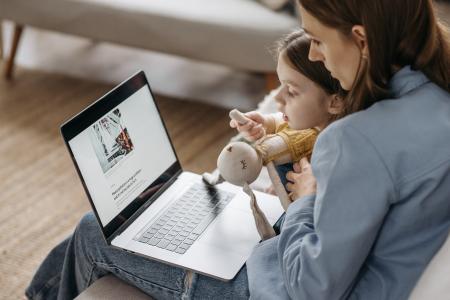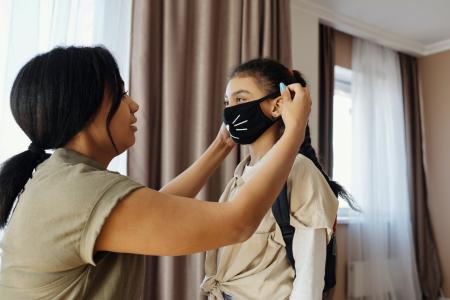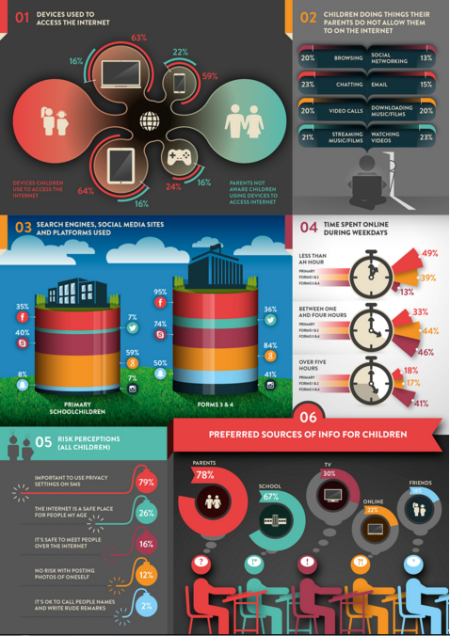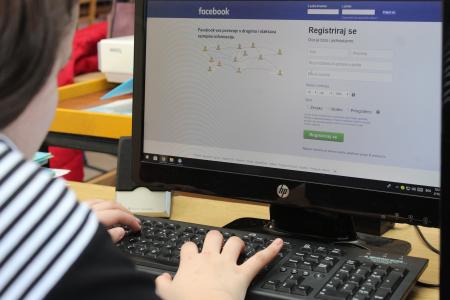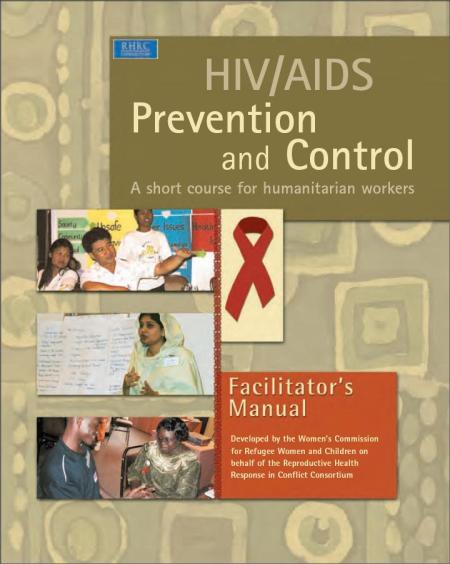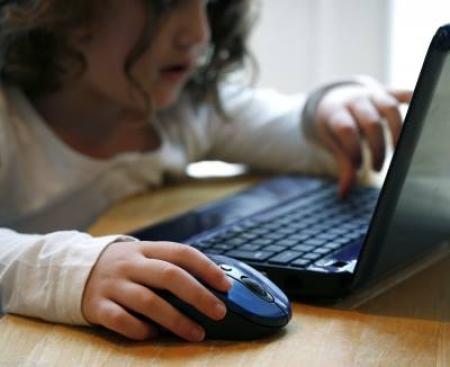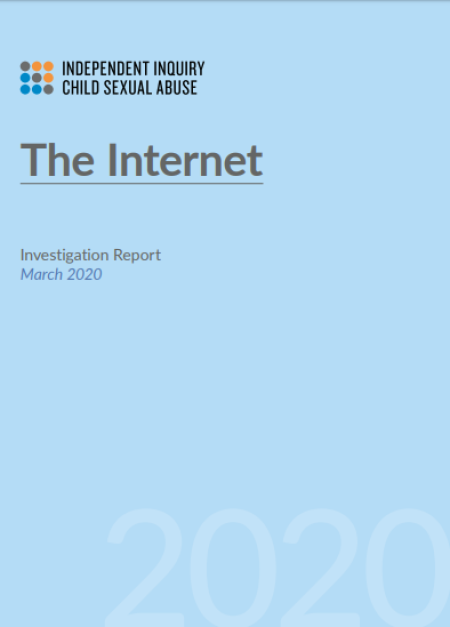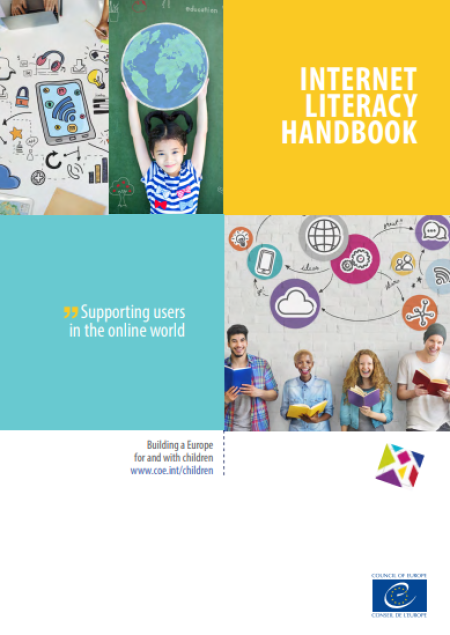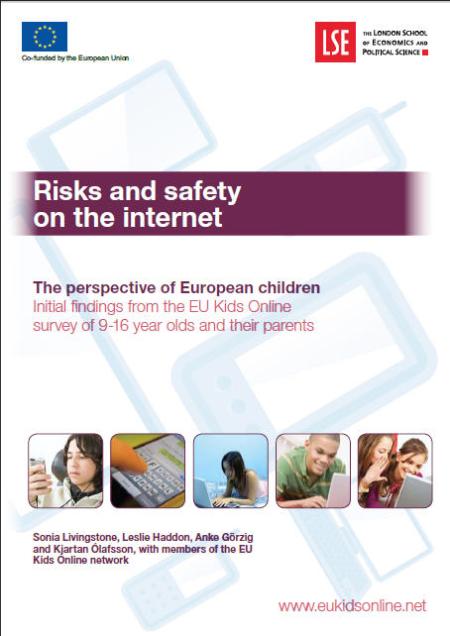
Internet access for children has never been as easy as it is today. Add to this the fact that children learn how to handle modern technology significantly faster than their parents, and this creates significant new problems for parental control in a virtual environment. Of course, children should have the freedom to express themselves and learn about the world, but the Internet has its dangers for inexperienced young minds.
The National Network for Children Bulgaria shared several stories of the challenges that concerned parents face in trying to control their children's access to the Internet. In these cases, attempts to restrict access by parents are aimed at protecting children from sexual harassment by other adults, cyberbullying, and obscene content. One of the stories is by Lance Walker, father of an 11-year-old daughter who uses the TikTok platform. Walker initially considered TikTok a harmless distraction, but eventually discovered that his child was receiving messages from unknown older men. Lance responded by entering Apple's parental control device to block access to the app. This significantly worsened his relationship with his daughter.
Most devices and applications have options for controlling and filtering dangerous content. However, the availability of so many online platforms and devices, as well as the frequent complexity of filter management and control, are a huge obstacle for parents to effectively practice this control. This raises a number of valuable questions for the future:
- How to educate our children on the safe use of the Internet?
- How to monitor and protect children from online bullying and dangerous people on the Internet?
- How concerned are international technology giants about online child safety?



